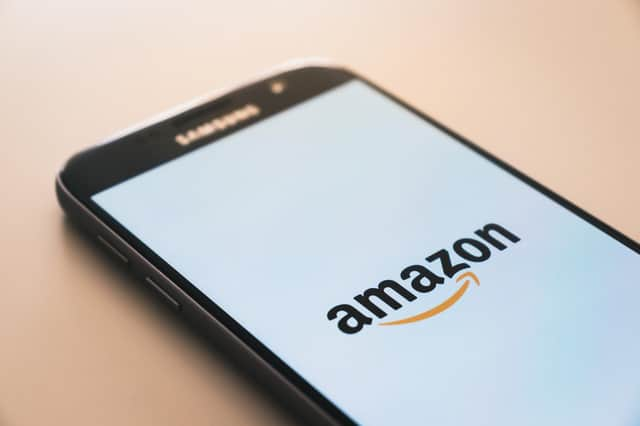Can you trust the star ratings on Amazon Marketplace?


This is especially true on Amazon Marketplace, the vast network on which literally anyone can sell their products from within the Amazon website.
It works in much the same way as Ebay. Once you have registered for an account, and agreed to pay Amazon commission on everything you sell, you can place any number of products – new or second-hand – on sale, with no formal vetting.
Advertisement
Hide AdAdvertisement
Hide AdThose who buy from you are invited to submit reviews on how good, bad or indifferent they found your products to be, and the star ratings are calculated from them. That, at least, is the theory.
But as the consumer organisation Which? has pointed out, reviews are among the most traded commodities on the marketplace – often more so than the goods themselves. It estimates that hundreds of thousands of misleading and fake recommendations are being bought and sold for as little as £5 each.
At least 10 websites are in business specifically to fabricate reviews, and some are quite shameless about it, promoting ways to make money by writing as many as possible.
Sellers looking to buy reviews to bolster their credibility can get them in bulk packages, starting at £620 for 50 reviews and going up to £8,000 for 1,000. These are generated not by algorithms but by humans who sign up to get access to hundreds of products, from children’s toys to exercise equipment, and are rewarded with small payments and a free or discounted product. Those who are most prolific can even take part in loyalty schemes.
Advertisement
Hide AdAdvertisement
Hide AdSo they are hardly the impartial opinions Amazon would have honest buyers believe.
Other schemes take the reverse approach, generating negative reviews for the products of competitors, causing them in some cases to be flagged for removal. There are also Facebook groups trading fake Amazon reviews.
At the root of the problem is what the industry calls Black Hat optimization, a deceptive practice used to get a site or product a higher ranking in the search results, by making it look more attractive or popular than it really is. It’s unethical but not necessarily illegal.
Black Hat methods range from the simple – asking friends to buy your products and leave reviews – to the decidedly devious practice of creating so-called zombie accounts for the purpose of buying products and leaving five-star reviews. Some sellers do this themselves; others buy them from “review farms” – companies that have already set-up accounts by the thousand for that express purpose. Reviews harvested in this way may still appear as “verified” in Amazon’s listings.
Advertisement
Hide AdAdvertisement
Hide AdAll these methods are in violation of the site’s terms, and the company points out that it has taken out injunctions in the past against some of those who misuse its system.
But the fact remains that with abuse on such an industrial scale, it is no longer possible to stop the fake reviews from the real ones. So the best advice for buyers today is to take all the star ratings with a large pinch of salt.
Support The Yorkshire Post and become a subscriber today. Your subscription will help us to continue to bring quality news to the people of Yorkshire. In return, you’ll see fewer ads on site, get free access to our app and receive exclusive members-only offers. Click here to subscribe.
Comment Guidelines
National World encourages reader discussion on our stories. User feedback, insights and back-and-forth exchanges add a rich layer of context to reporting. Please review our Community Guidelines before commenting.